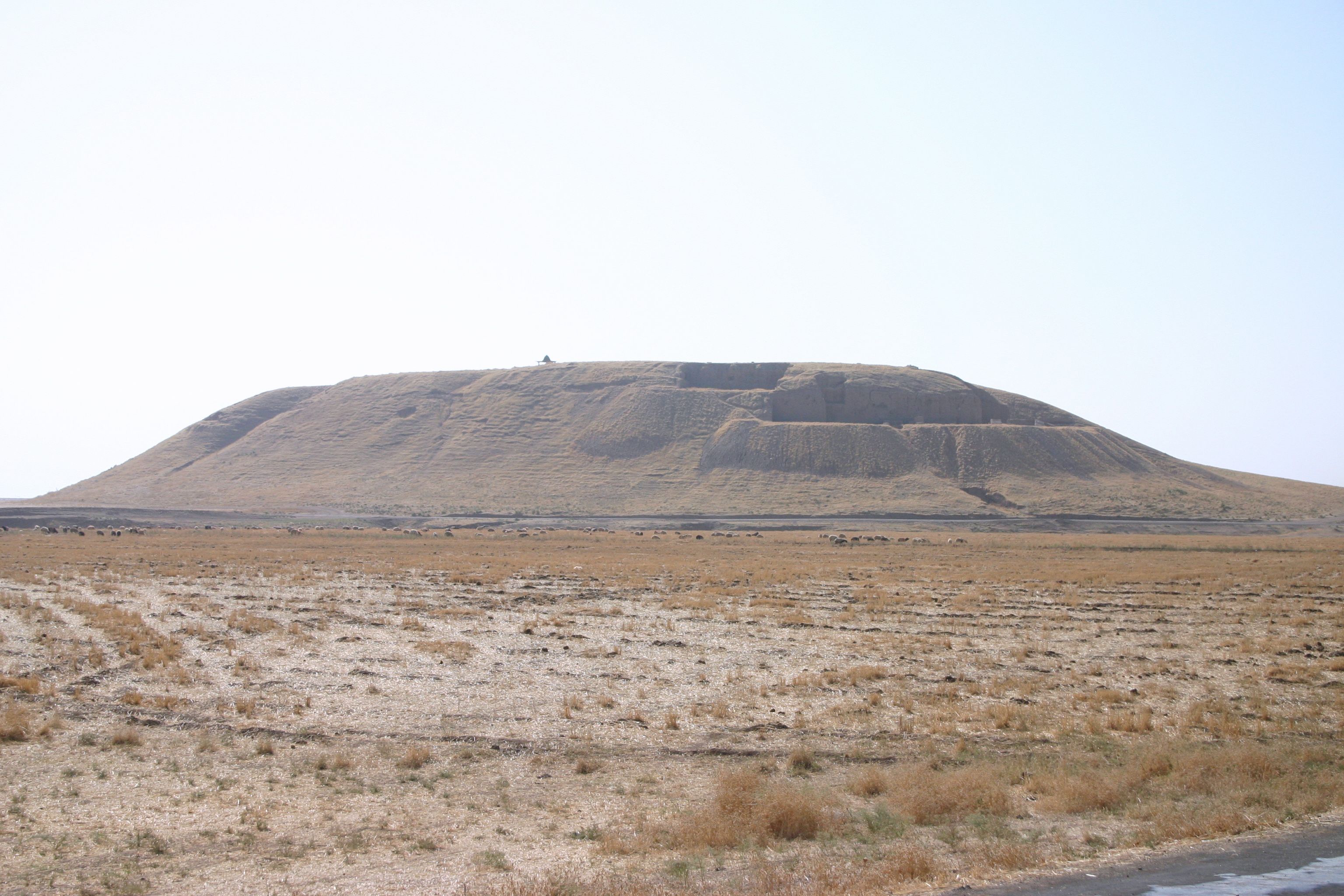|
Abdullah El-Tell
Abdullah El Tell ( ar, عبدالله التل, 17 July 1918 – 1973) served in the Transjordanian Arab Legion during the 1948 war in Palestine rising from the rank of company commander to become Military Governor of the Old City of Jerusalem. He was later accused of being involved in the assassination of King Abdullah I−which he denied−and spent many years in Egypt before returning to Jordan in 1967. Early life and career El Tell was born into a wealthy family in Irbid just as the Ottoman army were retreating from the town. His mother reportedly held him up to the window to witness the soldiers leaving. His secondary education was in Egypt. When he was 18 years old, he was jailed for demonstrating against the British. In 1941, he joined the British Army and in 1942 completed an officer training course in the Suez Canal area. El Tell's ancestors, the Banu Zaydan, had lived in the Jordanian cities of Amman and Irbid from the 17th century. They adopted the surname El Tel ... [...More Info...] [...Related Items...] OR: [Wikipedia] [Google] [Baidu] |
Major
Major ( commandant in certain jurisdictions) is a military rank of commissioned officer status, with corresponding ranks existing in many military forces throughout the world. When used unhyphenated and in conjunction with no other indicators, major is one rank above captain, and one rank below lieutenant colonel. It is considered the most junior of the field officer ranks. Background Majors are typically assigned as specialised executive or operations officers for battalion-sized units of 300 to 1,200 soldiers while in some nations, like Germany, majors are often in command of a company. When used in hyphenated or combined fashion, the term can also imply seniority at other levels of rank, including ''general-major'' or ''major general'', denoting a low-level general officer, and '' sergeant major'', denoting the most senior non-commissioned officer (NCO) of a military unit. The term ''major'' can also be used with a hyphen to denote the leader of a military band suc ... [...More Info...] [...Related Items...] OR: [Wikipedia] [Google] [Baidu] |
Tell (archaeology)
In archaeology, a tell or tel (borrowed into English from ar, تَلّ, ', 'mound' or 'small hill'), is an artificial topographical feature, a species of mound consisting of the accumulated and stratified debris of a succession of consecutive settlements at the same site, the refuse of generations of people who built and inhabited them, and of natural sediment. (Very limited snippet view).Matthews (2020)Introduction and Definition/ref> Tells are most commonly associated with the ancient Near East, but they are also found elsewhere, such as Southern and parts of Central Europe, from Greece and Bulgaria to Hungary and SpainBlanco-González & Kienlin, eds (2020), 6th page of chapter 1, see map. and in North Africa. Within the Near East, they are concentrated in less arid regions, including Upper Mesopotamia, the Southern Levant, Anatolia and Iran, which had more continuous settlement. Eurasian tells date to the Neolithic,Blanco-González & Kienlin, eds (2020), 2nd page of chapter 1 ... [...More Info...] [...Related Items...] OR: [Wikipedia] [Google] [Baidu] |
Mafraq
Mafraq ( ar, المفرق ''Al-Mafraq'', local dialects: ''Mafrag'' or ''Mafra''; ) is the capital city of Mafraq Governorate in Jordan, located 80 km to the north from the capital Amman in crossroad to Syria to the north and Iraq to the east. It had 56,340 inhabitants in 2004. History Mafraq was first settled in the 4th century BC. It is located about 17 km west of the historic Nabataean and Byzantine town of Umm el-Jimal, which was built in the 1st century. The city was first named "Fudain", which comes from the word for fortress in Arabic. The city gained significant importance after the establishment of the Hejaz Railway connecting Istanbul to Medina. It was renamed to the current name Mafraq by the Ottoman Turks, which means "cross roads". Mafraq was the location of a British military base and airport from the early 20th century. It later became the base for the Arab Legion during the 1948 Arab–Israeli War. In 1945, the Municipality of Mafraq was established ... [...More Info...] [...Related Items...] OR: [Wikipedia] [Google] [Baidu] |
Glubb Pasha
Lieutenant-General Sir John Bagot Glubb, KCB, CMG, DSO, OBE, MC, KStJ, KPM (16 April 1897 – 17 March 1986), known as Glubb Pasha, was a British soldier, scholar, and author, who led and trained Transjordan's Arab Legion between 1939 and 1956 as its commanding general. During the First World War, he served in France. Glubb has been described as an "integral tool in the maintenance of British control." Life Born in Preston, Lancashire, and educated at Cheltenham College, Glubb gained a commission in the Royal Engineers in 1915. On the Western Front of World War I, he suffered a shattered jaw. In later years, this would lead to his Arab nickname of ''Abu Hunaik'', meaning "the one with the little jaw". He was then transferred to Iraq in 1920, which Britain had started governing under a League of Nations Mandate following war, and was posted to Ramadi in 1922 "to maintain a rickety floating bridge over the river uphrates carried on boats made of reeds daubed with bitumen" ... [...More Info...] [...Related Items...] OR: [Wikipedia] [Google] [Baidu] |


